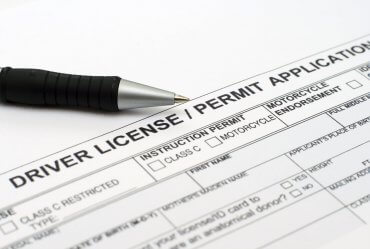Excessive drinking is typically a very bad thing, and mixed with a couple bad decisions it can cause your health insurance (or even your car insurance) to spike in cost, but one or two drinks at the end of a long day of work isn’t a bad thing. This celebrated method of relaxing at the end of a stressful day has been shared by millions upon millions of people, and while one drink may not kill you, it may stop you from getting a solid night of sleep.
A paper recently published in Alcoholism: Clinical & Experimental Research says that despite alcohol’s sleep-inducing properties, the sleep it so willingly invites you into isn’t as restful as sober sleep. The University of Melbourne’s Christian Nicholas and a team of colleagues conducted experiments to find out exactly why that sleep is less restful by conduction an experiment to find out exactly what the psychological effects of alcohol are on a sleeping brain.
The test conducted involved a group of 24 young adults aged 18 to 21. Each spent several nights at the Melbourne School of Psychological Sciences Sleep Laboratory going to bed at their normal times, but with one key difference: some nights, the subjects of this test would be given a mixture of orange juice and vodka before going to sleep, while other nights they would be given a clever placebo consisting of orange juice consumed through a straw that had been dipped in vodka. With their heads dotted with electrodes, the subjects went to sleep and Nicholas’s team began their work.
The immediate effects of alcohol on the subjects’ sleep cycles appeared to be positive. The subjects presented more slow-wave sleep patterns than usual, as well as more delta activity. These two brain activities are linked to the restorative properties of sleep that allow the active parts of the brain get some much-needed rest. So far so good, right?
Well, not exactly. Alongside these slow-wave patterns, alpha wave patterns were also discovered to be elevated during states of intoxicated sleeping. This is a more active brain activity usually associated with pre-sleep relaxation and generally being awake. These waves are normally not heightened at all during sleep, and the end result is a conflict between the slower delta wave patterns and the more active properties of alpha waves. The two waves don’t get along well, and when they’re both present in a sleeping brain, the sleep simply isn’t as restful due to constant interruptions. The heightened alpha waves caused by alcohol consumption prior to falling asleep negated some of the restorative efforts of the delta waves, and these patterns are surprisingly consistent with people undergoing chronic pain.
These patterns may cause a person to be drowsy the next day or even suffer from headaches and irritability, which may sound a bit like a hangover. That’s not a coincidence, but it’s not a cause for panic, so don’t feel pressured to never drink again. The more serious issues associated with this form of sleep disruption come after several nights of drinking before bed, so an occasional nightcap isn’t going to ruin your day.
How do you like to unwind after a long day of work? What’s your favorite way to get the sleep you need? Let us know in the comments section below!



